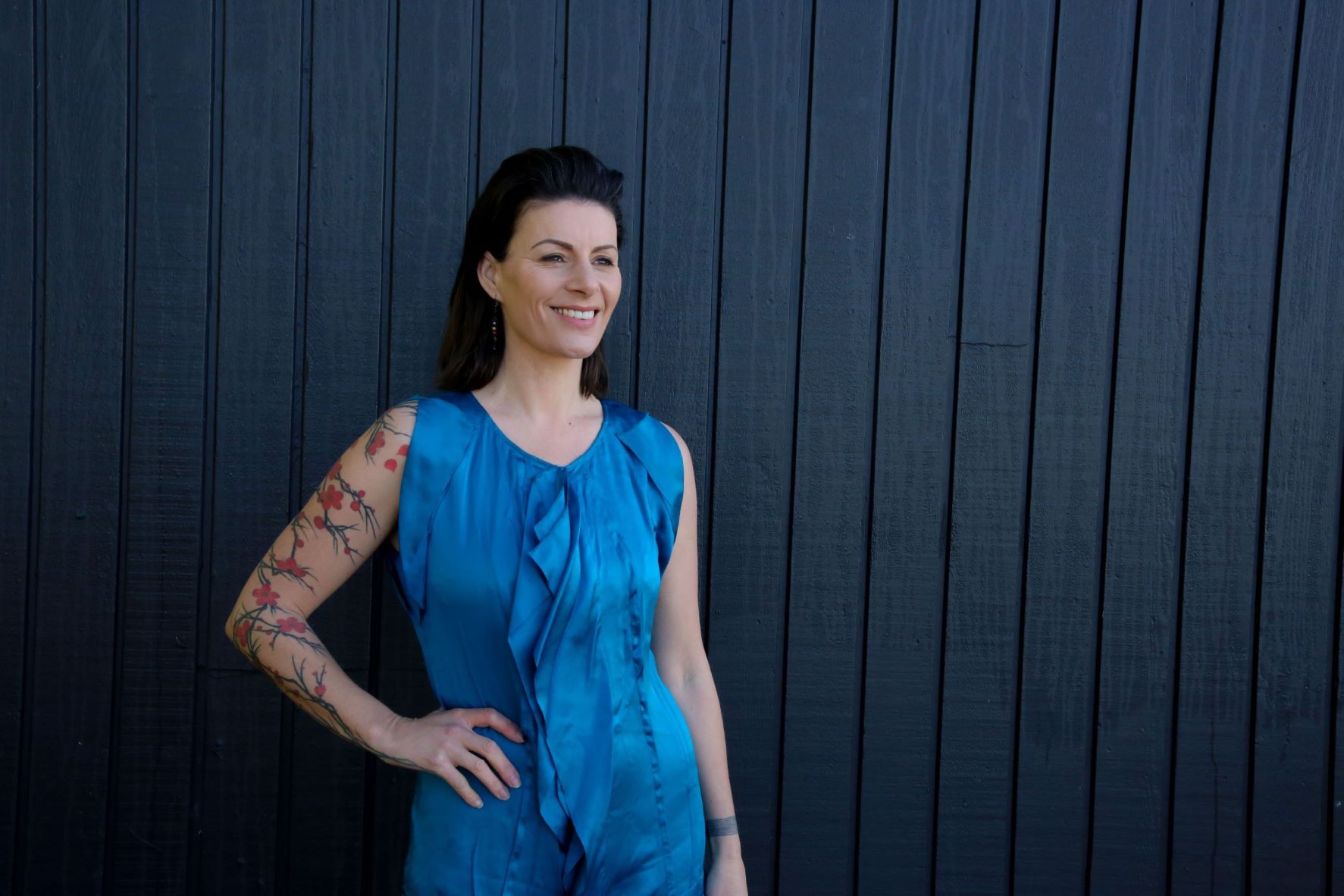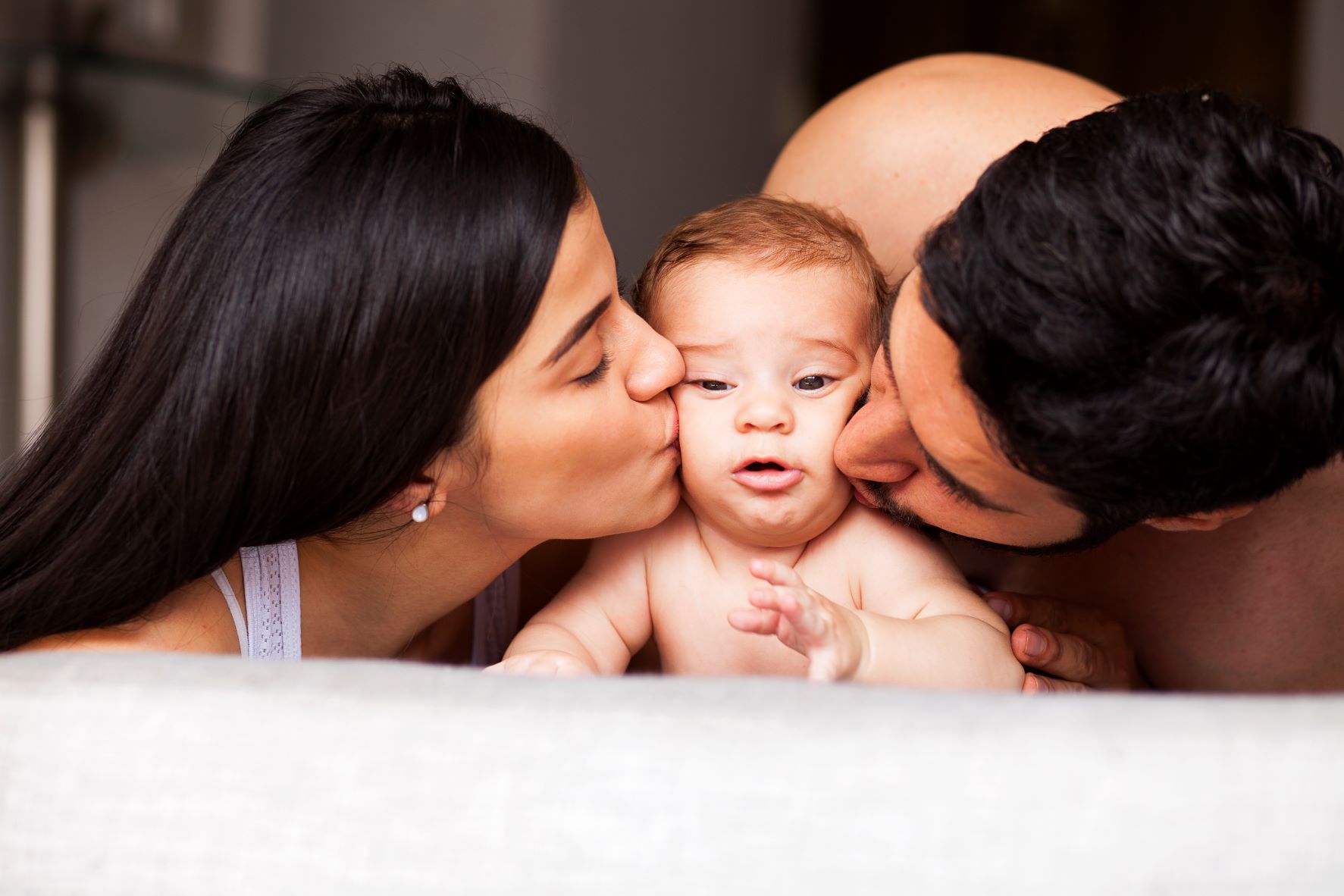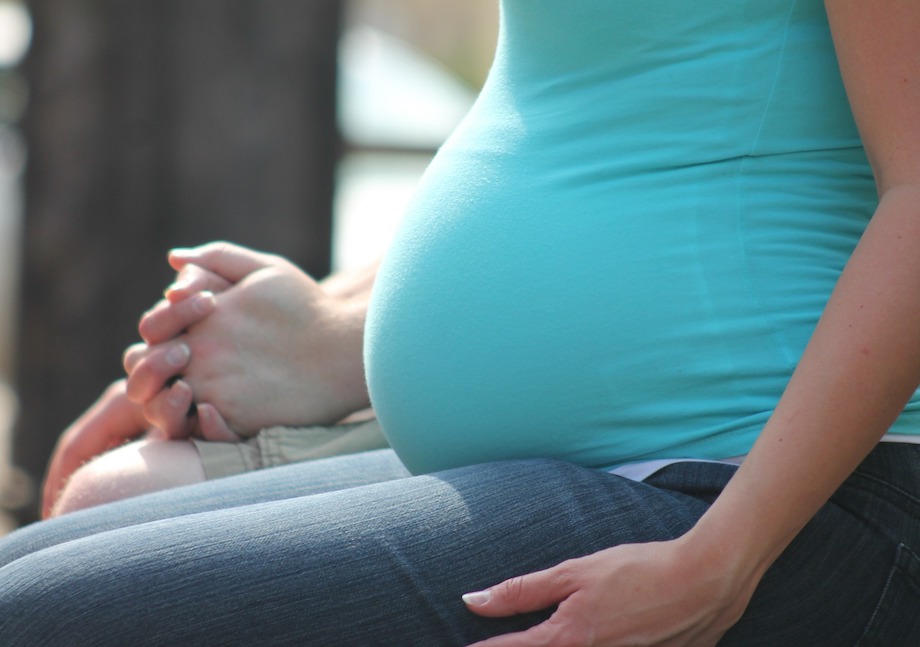
Co-parenting with purpose featured in one of our earlier issues of KiwiParent magazine. If you’d like to have first access to our beautiful magazine with evidence-based articles – make sure you subscribe online.
Life after having children didn’t turn out the way Jacqlin Richards imagined it would be. The mother of two boys was left feeling devastated after her marriage broke up and she found herself navigating the world of co-parenting.
“My husband and I had changed – we lost ourselves and each other when we became parents. We fell into the trap of putting the needs of our children before the needs of our relationship,” she says.
After struggling for many years, Jacqlin enlisted the support of a parent mentor to help her take back her own power while co-parenting.
“Life feels totally different now. I really had to work on navigating towards happiness and a successful co-parent relationship.”
Jacqlin says that just as couples get advice from divorce lawyers and experts during a separation, having a mentor was invaluable to rebuilding an amicable relationship with her co-parent and becoming gentler on herself as a parent.
WHAT JACQLIN LEARNT
- There are no ex-partners in parenting. “My boys’ dad will always be the father of our kids. I didn’t think we would ever get close to each other again, but we have. It just took separating to get there AND me taking a really good look at my parenting!”
- The energy you bring to your life as a co-parent is everything. “Change can begin as simply as the language you choose – losing the term ‘ex-partner’ and choosing the term ‘co-parent’ because what we focus on and the words we choose have an impact. It matters because our children are absorbing it.”
- It is important to be curious and open to change. “Many parents separate without understanding why. They are stuck in a cycle of blame and resentment. They want it to be different but don’t know how.”
Jacqlin says that there is some good news for those in an existing or potential co-parenting situation: a different and empowered pathway is possible if you are willing to shift your focus and look at your parenting for yourself and the other parent.
“I learnt that you can do this by owning your part in the challenges and looking inward instead of judging and blaming the other parent,” she explains.
“I was raised by a solo mum and started behaving like one long before I ever became one. I was doing everything myself and replicating exactly what I saw my mother do when I was growing up, because I’d never seen an example of how to do ‘together parenting’.”
Jacqlin says it’s important to build up the other parent in front of your children – even if you struggle with them.
“You can still choose to be ‘loving’, which honours and confirms the love your child has for them, rather than making them feel wrong for it. Choosing love may simply be having compassion for the other parent. Acknowledging their differences and limitations whatever they are, as you would like them to do for you,” she says.
“We need to understand that they’re doing the best they can with the tools they have. Some of us have fewer tools available due to the circumstances of our own upbringing. Many of us don’t know what ‘parenting together’ looks like so we just fall into the patterns from the past until we can empower ourselves to do something different.”
Jacqlin credits this approach with her newfound awareness and acceptance in her life as a parent. She now helps empower others to do the same in their lives through her work as a Parent Empowerment mentor.
“The beginning can really be as simple as changing the language you use.”





